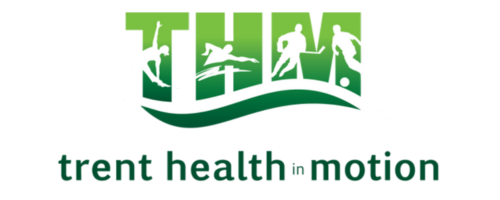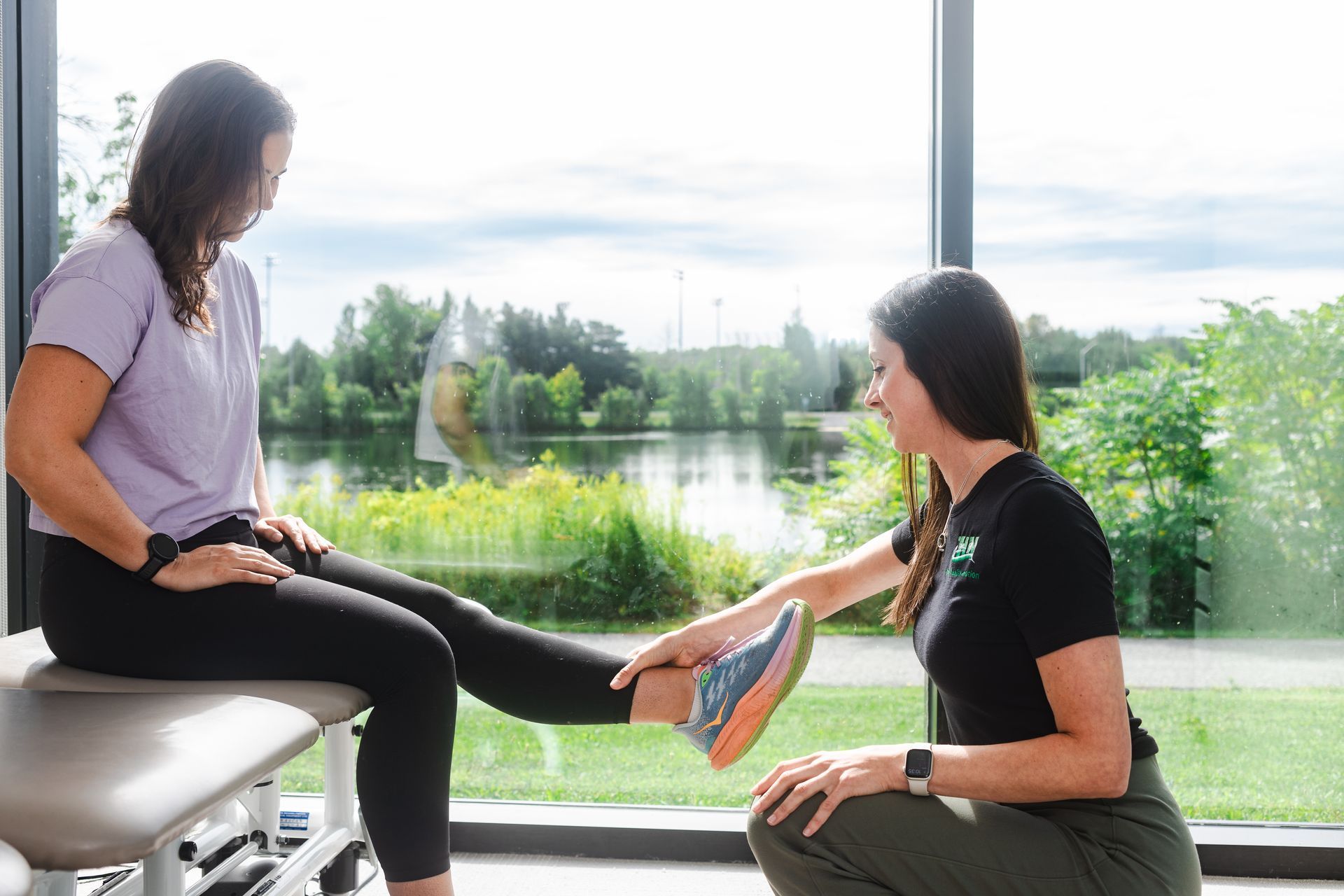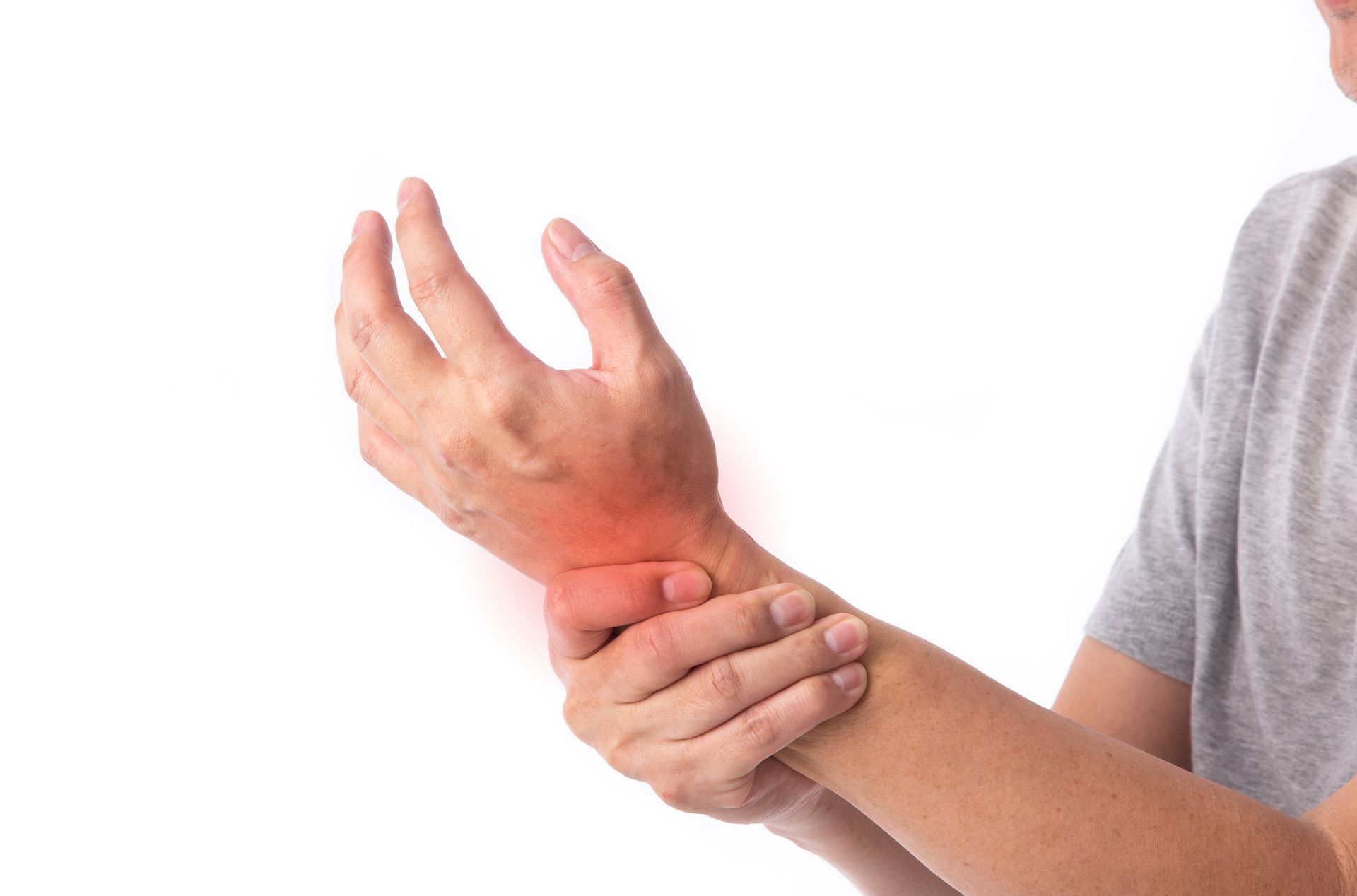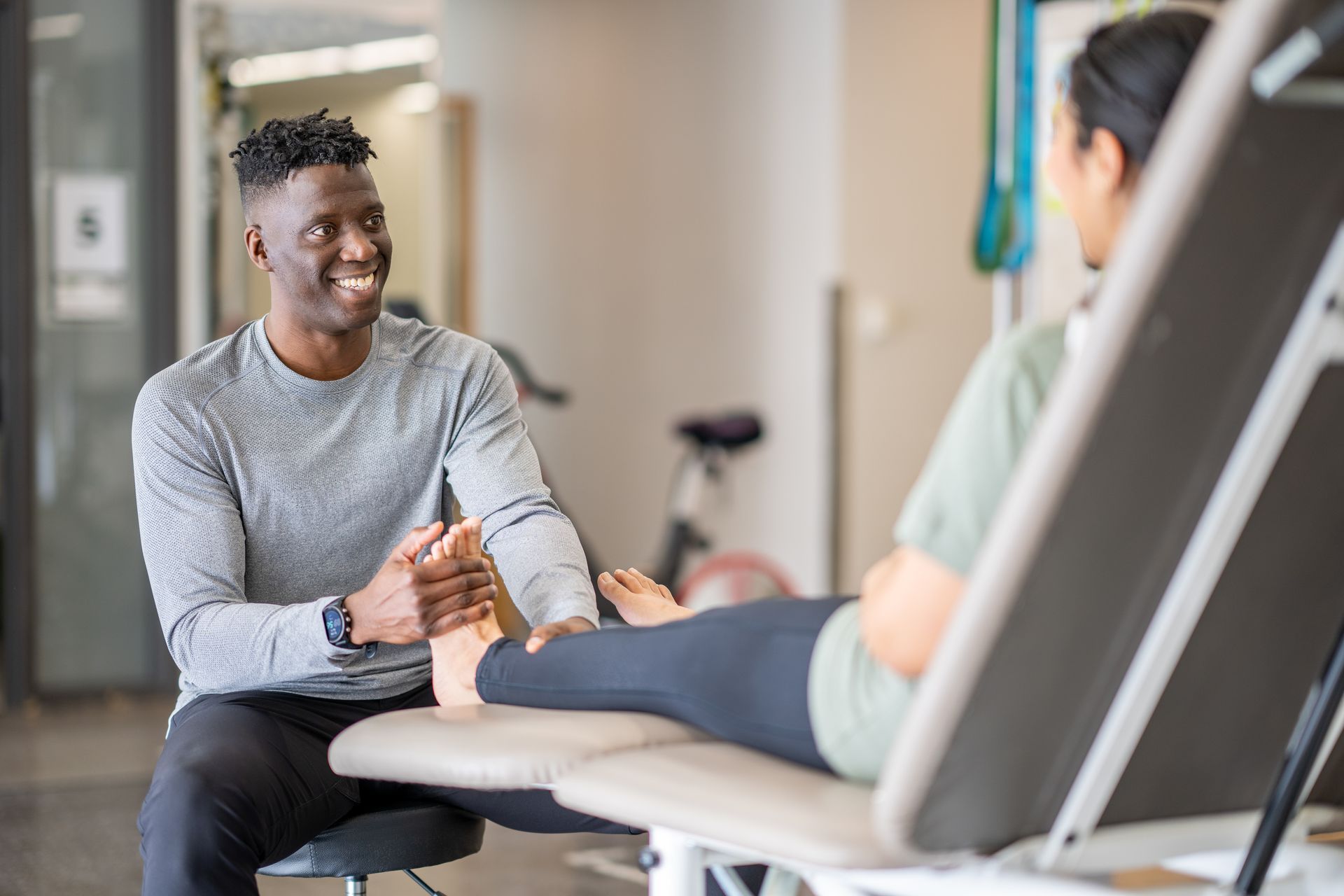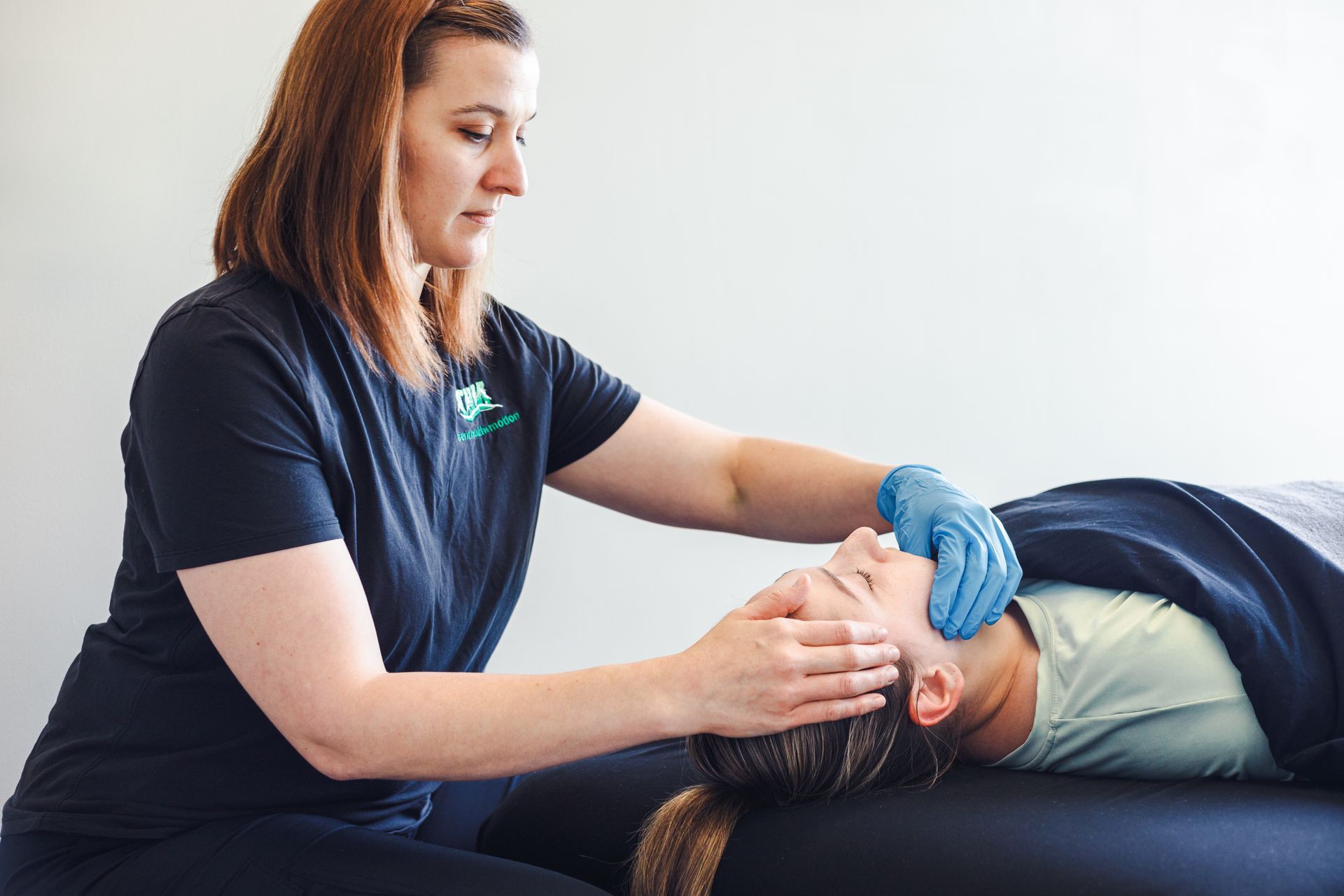How Physiotherapy Can Help You Recover From An Injury
Are you suffering from a sports-related injury or recovering from surgery? Physiotherapy can be an essential part of your injury treatment and recovery plan. This article will explain how physiotherapy can help with injury recovery as well as give advice on how to receive the care you need to get back to peak performance.
What Is Physiotherapy?
Physiotherapists often work closely with orthopedic surgeons and other medical practitioners to restore, maintain, and promote people's physical health. By carrying out a comprehensive assessment that includes taking details of your medical history and evaluating your movement patterns, they can develop an individual treatment plan designed to optimize your recovery.
The goal of physiotherapy is not only to help manage pain but also to improve body mechanics, joint range of motion, muscle strength, coordination and balance in order to help return patients to their prior level of function as quickly as possible. It may include therapeutic exercises such as stretching, strengthening, balance training and manual techniques like joint mobilization and soft tissue massage - all tailored specifically for the individual patient’s needs.
What Are The Benefits Of Physiotherapy?
Physical therapy offers a wide variety of benefits when it comes to recovering from injuries. It helps improve mobility by reducing scar tissue formation which improves flexibility; it increases circulation which helps reduce swelling; it reduces pain by combining active stretching and strengthening with passive modalities like ultrasound; it promotes functional independence by helping the patient learn proper body mechanics; and finally it assists in preventing re-injury by restoring normal movement patterns.
In addition to these tangible benefits, having a dedicated physiotherapist working alongside you during the recovery process can provide great psychological support too - particularly if you are dealing with a long-term injury or disability where rehabilitation may take some time. Having someone guide you through this process can also make rehab much easier than attempting to do everything alone!
How To Get Started With Physiotherapy
It's important to consult with an experienced specialist early after an injury so that any potential damage can be identified quickly and treated accordingly before it becomes worse or develops into something more severe over time. Ask for recommendations from friends or family who have had positive experiences as well as research qualified local practitioners online who specialize in the kind of treatments that you require for your specific condition (this could include orthopedics, neurology or sports medicine).
A good place to start looking is at accredited physiotherapy clinics near you such as Trent Health In Motion! Once you have found a suitable practitioner they will carry out a thorough assessment where they will outline what type of treatments they think would benefit you most based on their clinical findings.
After that, they will create a bespoke rehabilitation program tailored specifically for your needs which will combine various therapeutic methods such as manual therapies like massage or joint mobilization along with specific exercises designed to reduce inflammation and promote healing while also improving strength, coordination and endurance levels over time.
If you are recovering from an injury then taking advantage of the many benefits that physiotherapy has to offer could be key to achieving lasting results, so why not speak with one of our professionals at Trent Health in Motion today and take control of your health once and for all! Contact us Today!
